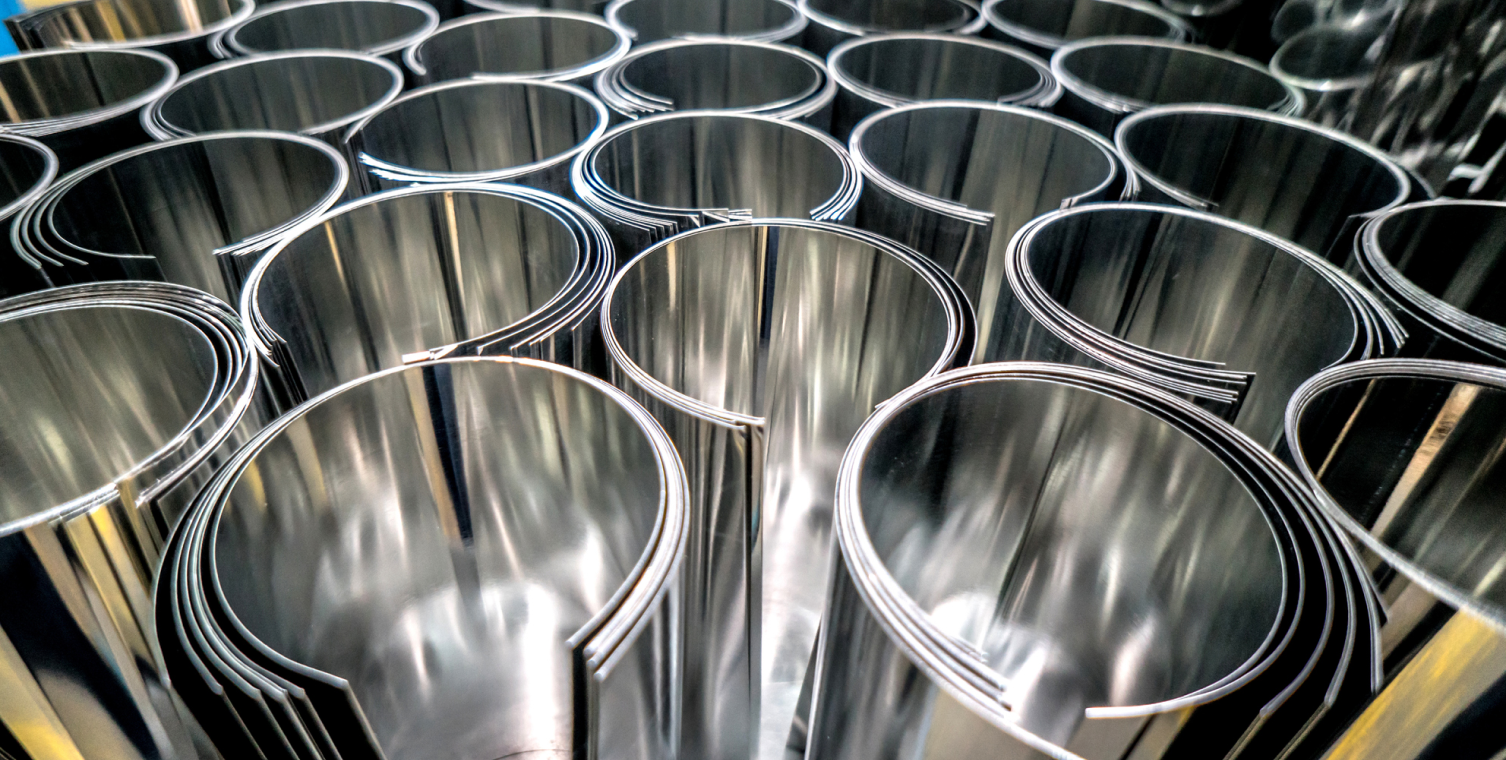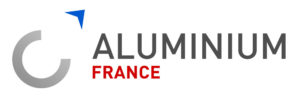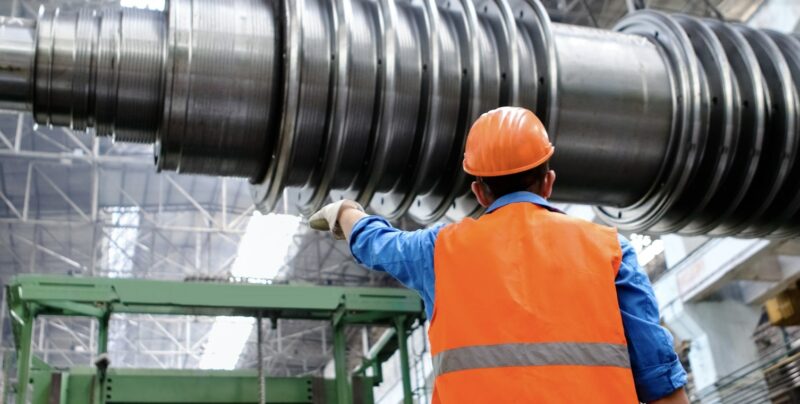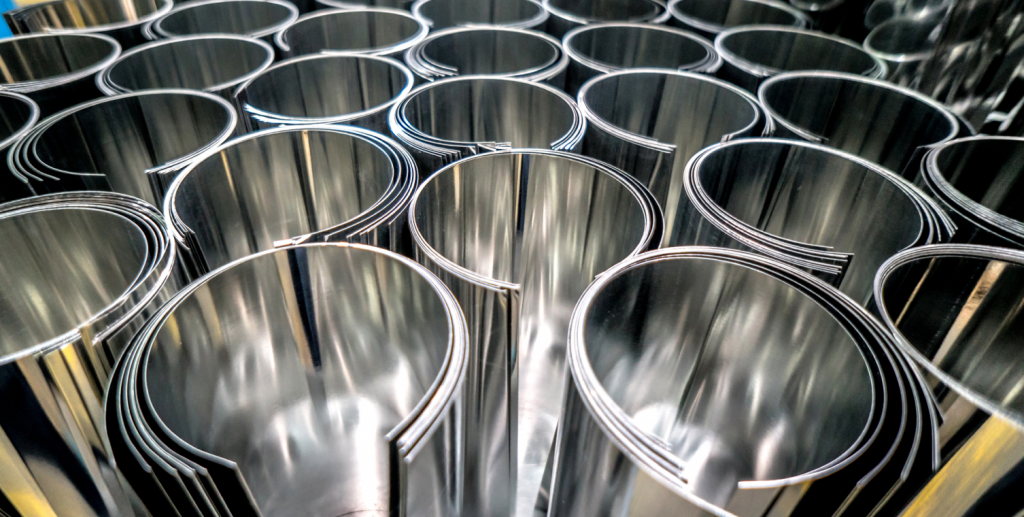Properties and alloys

The demand for products made of aluminum or incorporating aluminum in their composition continues to grow year after year. Beyond global demographic growth and the increase in purchasing power in emerging countries, aluminum consumption is also increasing in Europe and in France through the substitution effect (aluminum gradually replacing other materials) thanks to a unique combination of properties such as lightness, mechanical strength and corrosion resistance, conductivity, ductility, recyclability and many other properties.
Lightness
Aluminum is a very light metal with a specific density of 2.7 g / cm3, or about a third of that of steel (7-8 g / cm3) or copper (8.96 g / cm3) .
Mechanical resistance
Aluminum is used overwhelmingly in the form of alloys, the main constituent of which is aluminum, the addition elements possibly representing up to 15% of its weight. The strength of the aluminum alloy is suitable for the required application.
For example, it is considered that one kilogram of aluminum can replace two kilograms of steel in automotive applications.
Corrosion resistance
Aluminum naturally generates an oxide layer that protects it from corrosion. Different types of surface treatment can further improve this resistance (anodizing, lacquering, etc.).
Thermal and electrical conductivity
Aluminum is an excellent conductor of heat and electricity.
The thermal conductivity of aluminum is used in many heat removal, that is, cooling applications (such as air conditioning systems in vehicles).
At equal weight, aluminum offers an electrical conductivity twice that of copper, which explains its privileged use in high voltage electricity transmission applications over long distances.
Ductility, malleability
Aluminum can be easily worked at low temperature and deformed without breaking, which allows it to be given a wide variety of shapes.
Recyclability
Aluminum is 100% recyclable without degradation of its properties. Its recycling requires little energy: only 5% of the energy used for the production of primary metal.
Impermeability and barrier effect
Even at very low thickness, an aluminum foil is completely waterproof and does not allow light, micro-organisms or odors to pass through. In addition, the metal itself does not release any odor or taste, which makes it an element of choice for food or pharmaceutical packaging.
Reflective properties
Aluminum has a high reflectivity of light as well as heat which, together with its low weight, makes it an ideal material for reflectors in lighting equipment or survival blankets.
Alloys registration office
Aluminum production is closely linked to alloys. Each aluminum whether it is primary, recycled or a semi-finished product conforms to an alloy composition, whether it is high purity like 5N aluminum or basic like P1020.
Each year, aluminum production and processing companies compose new alloys in order to meet increasingly sophisticated technical characteristics that make it possible to meet the challenges of tomorrow in each market.
Each new alloy must be registered internationally.
To do this, each country in which the aluminum industry is present has an alloy registration office which is the official registration body. Aluminum France manages the alloy registration office in France.
Its main missions are:
Registration of any new request for the creation of alloys at national level
Sharing and animation of the expert group on registration requests
Interface at international level between other national registrars and the international office
dissemination of registration requests from other countries and new registrations to the expert group.
The expert group is made up of:
- of the alloy directors of the member companies of Aluminum France
- foundry managers from member companies
- metallurgists from member companies
https://www.euralliage.com/alliage.html
Zoom on
If the history of bronze, iron or copper is anchored in very distant times, that of aluminum begins in the 19th century, at the crossroads of the two industrial revolutions.
Aluminum France is the professional federation which represents the entire aluminum value chain in France. She is the spokesperson for the aluminum industry with French, European and international administrations, elected officials and civil society.
The Board of Directors is made up of executives of active companies. Its members are elected for 3 years and meet every quarter. The Council defines the strategy of the profession and represents the aluminum industry in high places.



